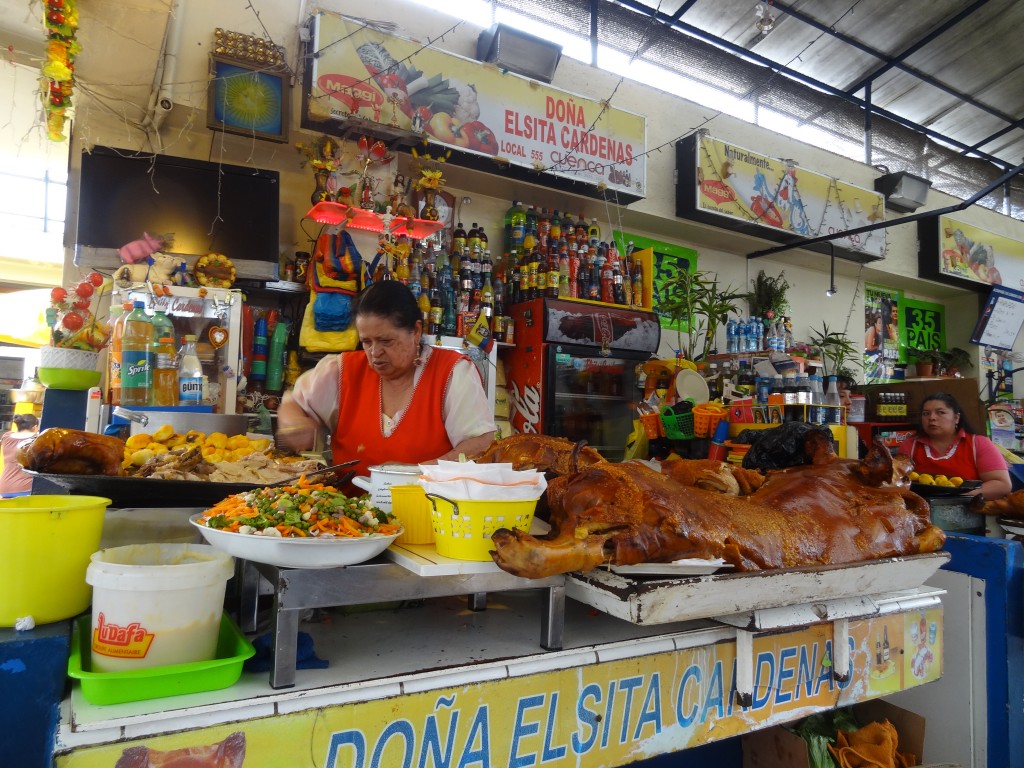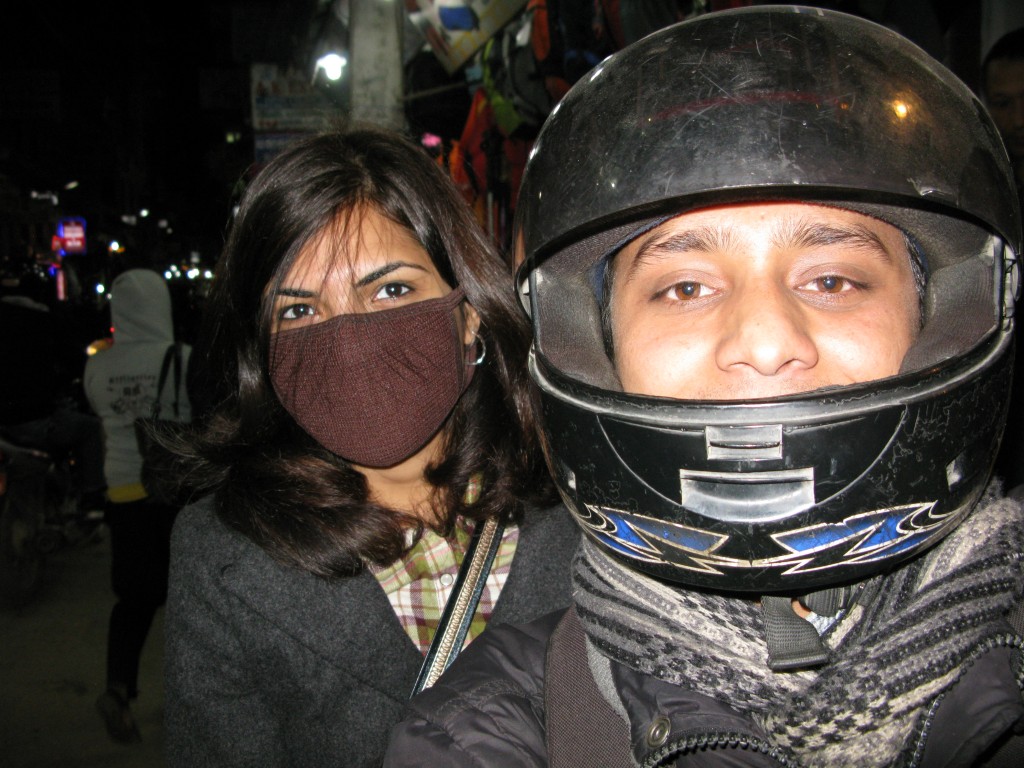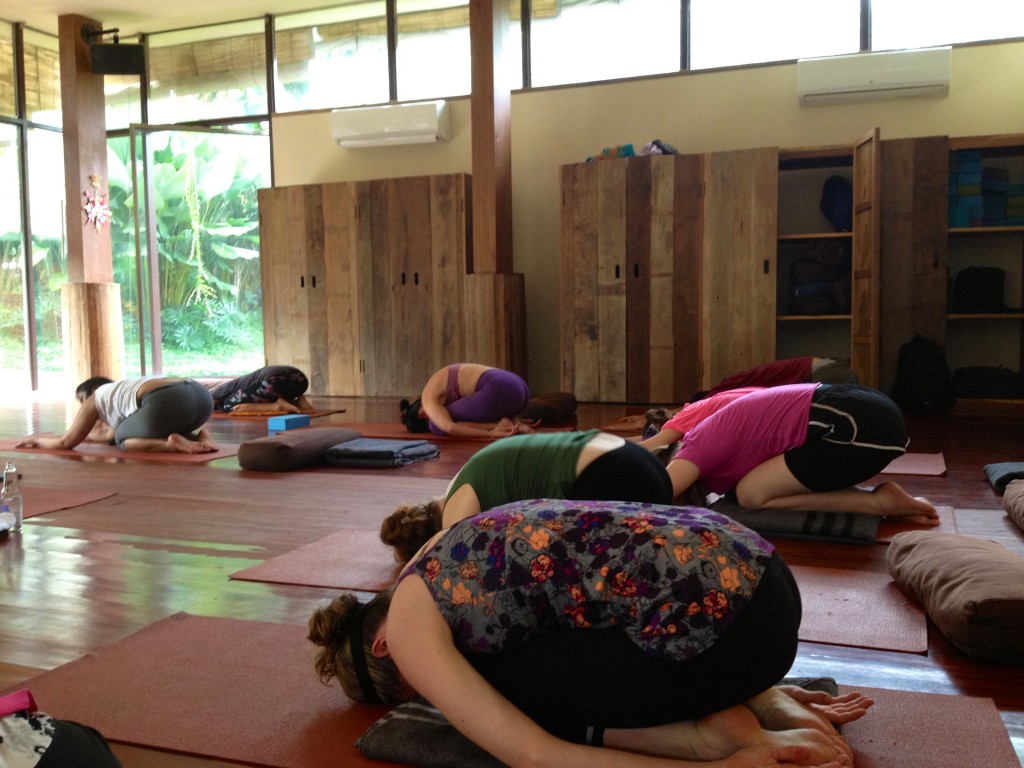You planned every detail, put aside savings, and waited all year for that two- week vacation abroad. The last thing you want to do is fall sick during your time in the magical new place and not be able to enjoy it.
Unfortunately, our bodies do get sick every so often depending on what we expose ourselves to. Many people try to keep their bodies as healthy as possible though by taking supplements, so that when we do get sick, our bodies have a larger chance of fighting off the disease or infection. For example, by keeping a healthy liver, digestive system and overall immune system by taking supplements (look out for unify health coupons), our bodies are kept strong and ready to fight infection. In our day-to-day life, we come into contact with co- workers, friends, kids and neighbors who could pass on an infection to us. Travelling intensely magnifies your chance of picking up germs, as you pass by thousands of people at airports, train stations and attractions. Add to that the changes in weather, time, altitude, latitude, sun exposure, air quality, food, water, and sleep patterns and your body becomes a lot less resistant to fighting the cocktails of bugs you may have picked up along the way.
After travelling to almost 50 countries, I still don’t have all the secrets that will prevent you from falling sick. I travel almost every month and do fall ill from time to time. What I have learned through my own pitfalls is that taking certain precautions can help keep you healthy while on the go.
1. Drink lots of water – but not tap water – throughout the trip. Make sure you drink only boiled or bottled water from reliable sources. Keeping hydrated will help you deal with many illnesses caused by heat, humidity and high altitudes.
2. Avoid taking ice in your drinks. Oftentimes, tap water is used for making ice, so be sure to ask the server if the ice is made from filtered water before consuming it. To be safe, drink only pre-packaged sodas, juices or hot beverages. A few weeks ago, I thought I was drinking a vitamin-packed fresh orange juice at a market in Cuenca, Ecuador, but ended up with a stomach flu due to the unfiltered water mixed in with the juice.
3. Carry a surgical face mask when travelling to cities where pollution may be a problem. Properly wash the mask from time to time or use a disposable one. Changes in air quality can cause respiratory problems, sinus and throat infections or even the flu. Not realizing that the valley trapped all the pollutants from motorcycle exhausts, I found that my expectation of breathing clean mountain air in the Himalayas was unmet. The moment I arrived in Kathmandu, I started coughing insatiably and had to run to the pharmacy for medicine.
4. Do yoga, meditation and stretches every morning. Even if you are not used to exercise, you will find that a few minutes of engaging your organs will aid in better digestion and give you more energy to enjoy the rest of the day. If your hotel offers group exercise classes or a gym facility, be sure to take advantage of it.
5. Do not forget to take your vitamins every day just as you would at home. If you take multivitamin products like o.n.e. multivitamin, fish oil, B capsules, probiotics, or any other supplements, don’t stop just because you are on vacation. My chiropractor swears that if you take 1000 mg of Vitamin C and 3 to 4 tablets of zinc daily, you will never fall sick.
6. Use your judgment before deciding where to eat. Don’t think that just because the restaurant is well-rated it will meet your sanitation requirements. Take a peek into the kitchen to ensure that the floors and counters look clean, there are no flies or insects hanging around, and the chefs are wearing gloves and hairnets for protection. Especially when travelling to third world countries, it’s important to understand that every culture has its own standards of hygiene.
7. Many people may say otherwise, but my advice is to eat a lot of fresh fruits and vegetables when travelling so long as they are peeled and properly washed. Constipation is the number one complaint that travellers have, so make sure you get your required daily intake of roughages. I love going to the Caribbean as there is always a variety of affordable fresh fruits available.
8. Don’t eat street food. It can be very tempting to eat where the locals eat so you can taste authentic dishes and save money, but try to have self-control. Know that street food is not always bad, but your stomach has not yet acquired the native enzymes to break it down properly. While in Honduras, I gave into temptation and tried Baleadas (wheat taco) prepared by ladies on the wayside and came home with a rare type of Caribbean hook worm.
9. Eating at people’s homes can be a bit trickier. You don’t want to sound like a snobby foreigner and also want to be grateful to your host. Be polite and use your good judgment. In India, it is considered rude to decline food or drink when you are invited into someone’s home. It doesn’t matter whether you are hungry or not, you simply have to accept it.
10. Long flights, strange beds and flat pillows can cause back and neck aches that make a trip less enjoyable. I always take my own Tempur-Pedic pillow with me, even if all I have is a carry-on bag. If you don’t find the bedding comfortable, ask the hotel’s housekeeping staff to bring you a firm pillow, preferably with an anti-allergy pillow cover.
Disclosure: I am not a medical professional and this article is not meant to appear in a medical journal. These tips are based solely on my own personal experience of working as a travel writer and crisscrossing the world every few weeks.


